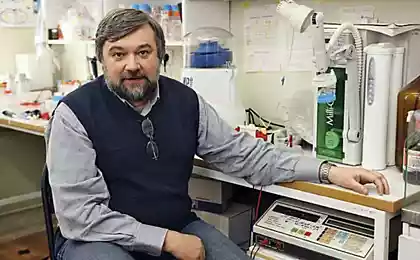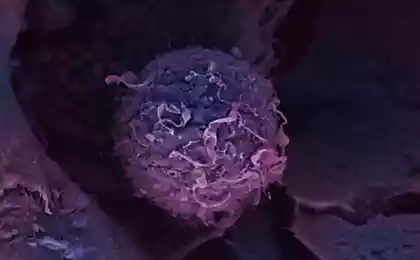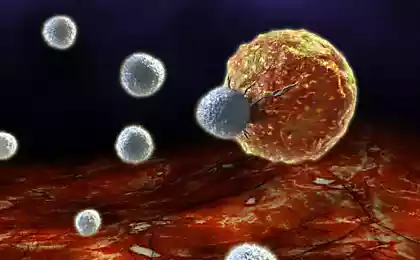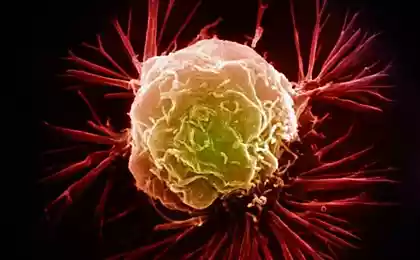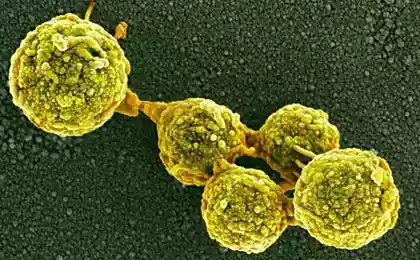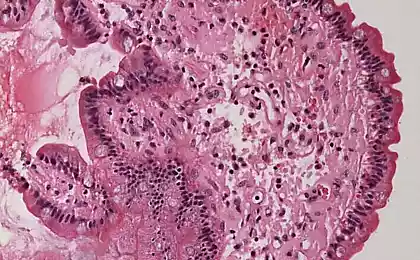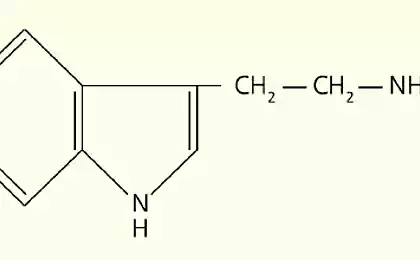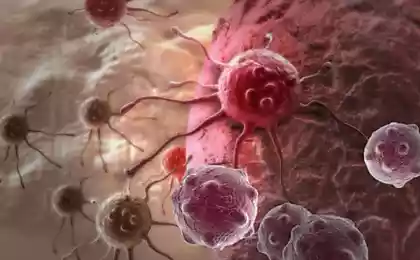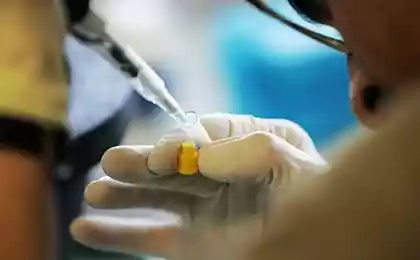384
Scientists discovered antibody, the vast growth of cancerous tumors
Scientists from the Johns Hopkins University report they have developed an antibody that inhibits the growth of lung cancer cell and metastasis of breast cancer.
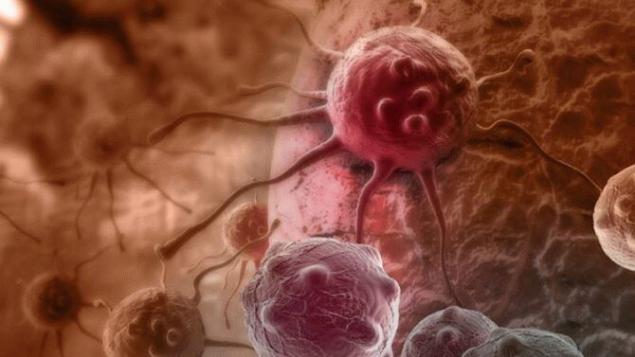
The antibody, which experts dubbed Y4 focused on potassium channel KCNK9 called. This channel is most often found in tissues of brain, lung and breast cancer that may indicate cancer. Doctors have noticed that the more was the channel activity KCNK9 in the tumor, the worse was the survival rate for patients. So, the two-year survival rate for lung cancer in patients with low activity KCNK9 was 58% higher than people with a high level of activity of this channel. As for breast cancer, with low activity of this channel ten years, the survival rate was 10% higher. The exact role of KCNK9 in cancer development is still unclear, but experts believe that this channel helps tumor cells to survive, grow and invade normal tissue.
When the researchers added the antibody Y4 to human breast cancer cells and lung cancer grown in the laboratory, the antibody was able to inhibit the growth of tumor cells in the range of 25% to 65%. In addition, the antibody is allowed to destroy from 5% to 30% of cancer cells. In further tests it was found that the antibody Y4 were able to slow the growth of lung cancer cells transplanted into mice, 70%. The antibody is approximately 5 times reduced the number of lung metastases in mice that received injections of cancer cells of the breast. This progress was observed after 25 days of treatment.
In the near future scientists intend to test the antibody in the patients suffering from cancer. In the future the specialists are going to modify the antibody to enhance antitumor immune response. Experts believe that the receipt of this antibody in combination with other immune-stimulating drugs can be an effective method of struggle with cancer. published
P. S. And remember, only by changing their consumption — together we change the world! ©
Join us in Facebook , Vkontakte, Odnoklassniki
Source: headinsider.net/2016/03/17/uchenye-obnaruzhili-antitelo-podavlyayushhee-rost-rakovyx-opuxolej/

The antibody, which experts dubbed Y4 focused on potassium channel KCNK9 called. This channel is most often found in tissues of brain, lung and breast cancer that may indicate cancer. Doctors have noticed that the more was the channel activity KCNK9 in the tumor, the worse was the survival rate for patients. So, the two-year survival rate for lung cancer in patients with low activity KCNK9 was 58% higher than people with a high level of activity of this channel. As for breast cancer, with low activity of this channel ten years, the survival rate was 10% higher. The exact role of KCNK9 in cancer development is still unclear, but experts believe that this channel helps tumor cells to survive, grow and invade normal tissue.
When the researchers added the antibody Y4 to human breast cancer cells and lung cancer grown in the laboratory, the antibody was able to inhibit the growth of tumor cells in the range of 25% to 65%. In addition, the antibody is allowed to destroy from 5% to 30% of cancer cells. In further tests it was found that the antibody Y4 were able to slow the growth of lung cancer cells transplanted into mice, 70%. The antibody is approximately 5 times reduced the number of lung metastases in mice that received injections of cancer cells of the breast. This progress was observed after 25 days of treatment.
In the near future scientists intend to test the antibody in the patients suffering from cancer. In the future the specialists are going to modify the antibody to enhance antitumor immune response. Experts believe that the receipt of this antibody in combination with other immune-stimulating drugs can be an effective method of struggle with cancer. published
P. S. And remember, only by changing their consumption — together we change the world! ©
Join us in Facebook , Vkontakte, Odnoklassniki
Source: headinsider.net/2016/03/17/uchenye-obnaruzhili-antitelo-podavlyayushhee-rost-rakovyx-opuxolej/
